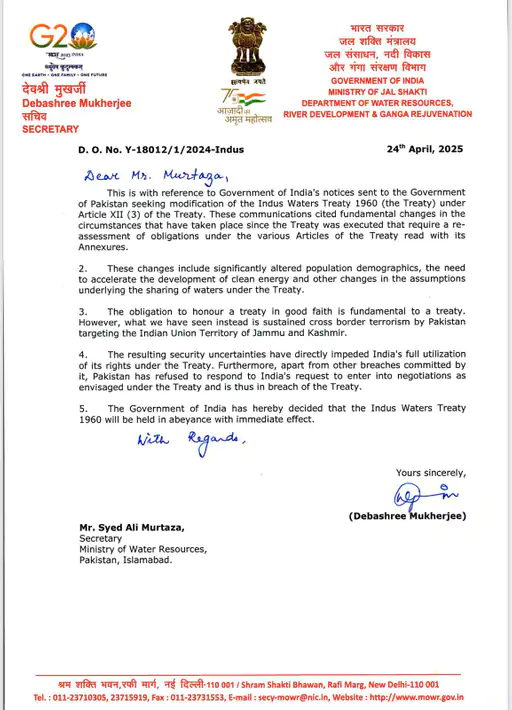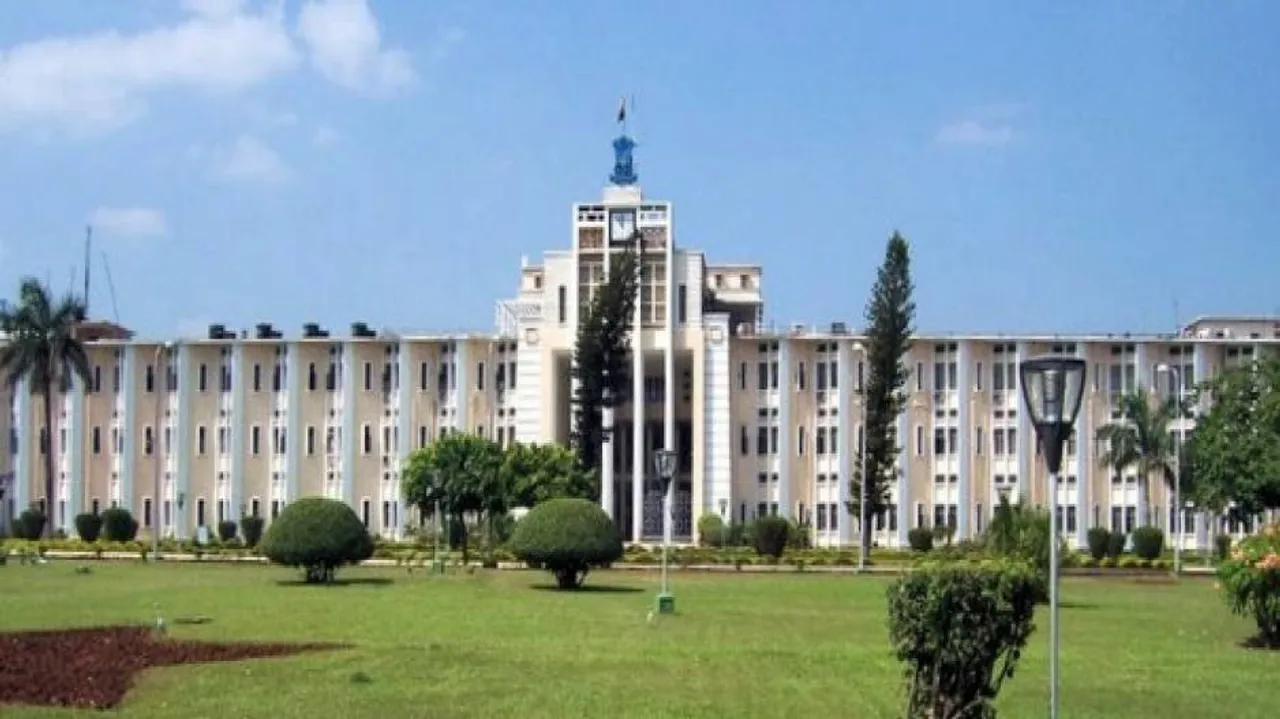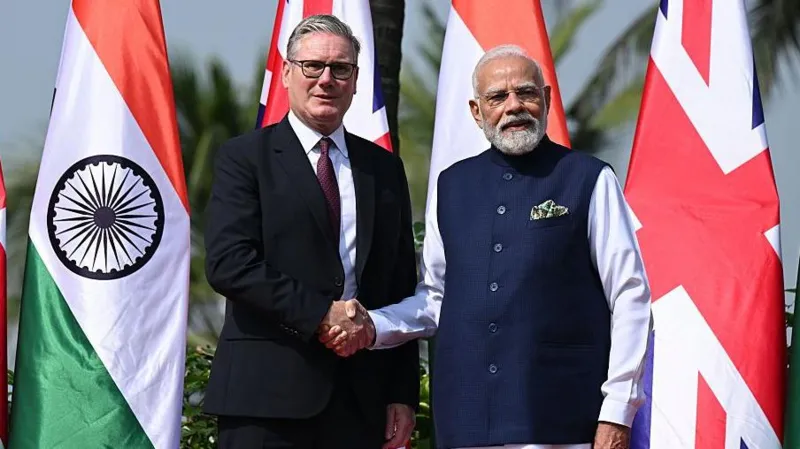Amid rising tensions between India and Pakistan, Islamabad has extended a formal invitation to resume talks under the Indus Waters Treaty (IWT) framework. The letter, reportedly sent a week ago by Syed Ali Murtaza, Pakistan’s Secretary for the Ministry of Water Resources, was addressed to India’s Water Secretary, Debashree Mukherkjee, and proposed the nomination of Indian representatives for talks with Pakistan’s Indus Commissioner.
While the contents of the letter remain unverified, sources indicate that it followed closely after the May 8 Operation Sindoor strike. “It came amidst all the happenings,” a source said, without disclosing an exact date.
India’s Ministry of External Affairs has declined to comment, and The Hindu’s queries to Mr. Murtaza have remained unanswered.
Treaty in Tension
The Indus Waters Treaty, signed in 1960, mandates that both nations maintain Indus Commissioners to oversee water-sharing arrangements. However, India has suspended meetings of the Permanent Indus Commission (PIC) since September 2023, urging a government-to-government dialogue to renegotiate the Treaty’s terms. The last PIC meeting took place in Delhi in May 2022.
Since January 2023, India has written four times to Pakistan seeking talks on revising the Treaty, but sources say there has been no satisfactory response. Talks stalled further after India’s insistence on Islamabad as the meeting venue, while Pakistan proposed a neutral location. Following this impasse, there was radio silence for four to five months, until the recent letter arrived.
Pakistan Objected to India’s Position
Sources familiar with the letter reveal that Pakistan objected to India’s suspension of the Treaty mechanism, terming it a violation of IWT norms. However, the letter also emphasized Pakistan’s willingness to engage in talks and proposed initiating logistical arrangements for the same.
Notably, the letter made no reference to India’s alleged surprise water releases from the Baglihar and Salal dams on May 5, an issue that has drawn concern in Islamabad. “It was a polite letter,” a source said, indicating a diplomatic tone despite the high-tension backdrop.
India’s Strategic Shift After Pahalgam Attacks
Following the Pahalgam attacks, India signaled a hardened stance by declaring its intent to “not give a drop of water” to Pakistan and putting the treaty in abeyance.
As per the Indus Waters Treaty, India is barred from creating significant storage projects on the western rivers — Indus, Jhelum, and Chenab — that primarily flow into Pakistan. Existing Indian projects like Kishenganga and Baglihar are categorized as run-of-the-river hydropower schemes, which technically do not obstruct water flow.
Despite that, Pakistan has repeatedly accused India of design manipulation aimed at controlling water flows, a claim that India has strongly denied, insisting its projects comply with treaty norms and aim solely at optimizing electricity generation.










